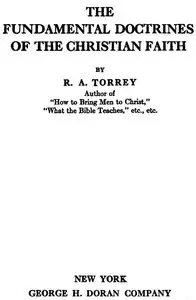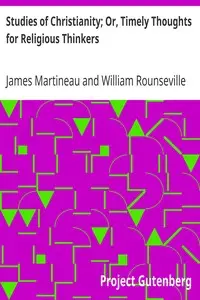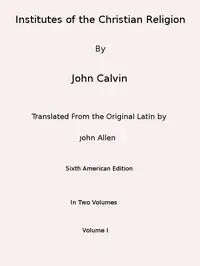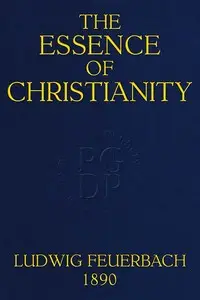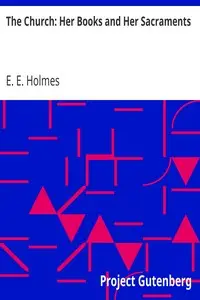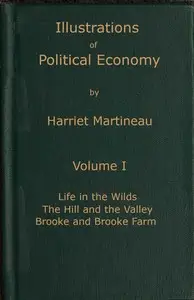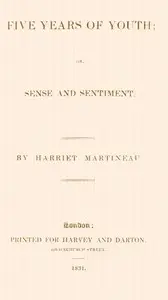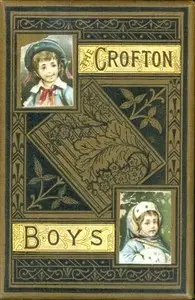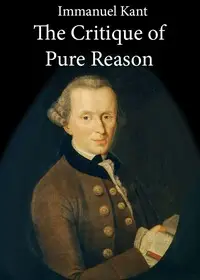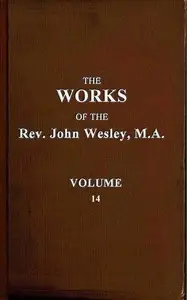"The Essential Faith of the Universal Church; Deduced from the Sacred Records" by Harriet Martineau is an early 19th-century exploration of Christian Unitarianism, arguing for the fundamental truths of faith as shown in sacred writings. It focuses on the shared ground between diverse Christian groups, fostering discussion among Catholics, Jews, and Muslims about God and Christ's message and is written in a unifying way, encouraging Christians, namely Catholics, to look into the Gospel and its beginnings. It shows how initial believers, especially Jews, embraced Christianity while keeping their strong belief in one God, and it establishes a sense of common purpose and a desire for shared insight among believers when dealing with core beliefs.

The Essential Faith of the Universal Church; Deduced from the Sacred Records
By Harriet Martineau
Discover a call for unity amidst the teachings of God and Christ.
Summary
About the AuthorHarriet Martineau was an English social theorist. She wrote from a sociological, holistic, religious and feminine angle, translated works by Auguste Comte, and, rarely for a woman writer at the time, earned enough to support herself. The young Princess Victoria enjoyed her work and invited her to her 1838 coronation. Martineau advised "a focus on all [society's] aspects, including key political, religious, and social institutions". She applied thorough analysis to women's status under men. The novelist Margaret Oliphant called her "a born lecturer and politician... less distinctively affected by her sex than perhaps any other, male or female, of her generation."
Harriet Martineau was an English social theorist. She wrote from a sociological, holistic, religious and feminine angle, translated works by Auguste Comte, and, rarely for a woman writer at the time, earned enough to support herself. The young Princess Victoria enjoyed her work and invited her to her 1838 coronation. Martineau advised "a focus on all [society's] aspects, including key political, religious, and social institutions". She applied thorough analysis to women's status under men. The novelist Margaret Oliphant called her "a born lecturer and politician... less distinctively affected by her sex than perhaps any other, male or female, of her generation."

